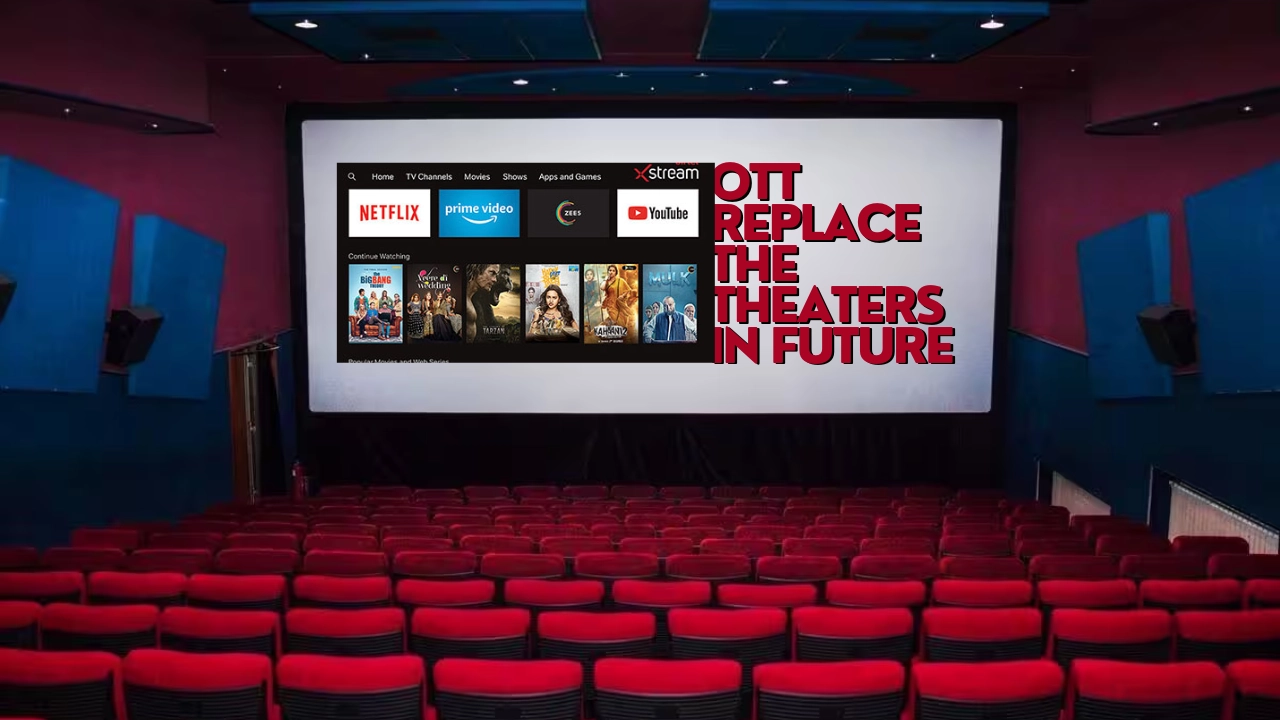The rise of Over-the-Top (OTT) platforms has caused a significant shift in the entertainment industry. While traditional movie theaters have been the primary medium for watching movies for many decades, the convenience and accessibility of OTT platforms have disrupted this traditional model. As a result, there is a growing debate about whether OTT platforms will replace theaters in the future.
Advantages of OTT Platforms
Convenience: One of the primary advantages of OTT platforms is the convenience they offer. Users can watch their favorite movies and TV shows anytime, anywhere, without having to leave their homes.
Cost: Another significant advantage of OTT platforms is their cost. Users can access a vast library of content for a fraction of the cost of a movie ticket or cable TV subscription.
Variety: OTT platforms offer a diverse range of content, from movies and TV shows to documentaries and original programming. This variety allows users to find and watch content that caters to their specific interests.
Accessibility: OTT platforms are accessible to anyone with an internet connection, making them available to a wider audience than traditional movie theaters.
Disadvantages of OTT Platforms
Quality: While OTT platforms offer convenience and affordability, they cannot match the quality of the cinematic experience provided by theaters. The sound and picture quality of theaters provide a unique experience that cannot be replicated at home.
Social Interaction: Watching a movie in theaters offers a social experience that OTT platforms cannot match. Going to the movies with friends and family is a cherished tradition for many people.
Exclusive Content: Some movies are released exclusively in theaters and not on OTT platforms. This exclusive content may incentivize viewers to visit the theaters.
The Future of Theaters and OTT Platforms
While OTT platforms have gained significant ground in recent years, it is unlikely that they will replace movie theaters entirely. Instead, the future of the entertainment industry may be a hybrid model that incorporates both theaters and OTT platforms.
One potential scenario is that theaters will focus on blockbuster movies and exclusive content, while OTT platforms will cater to a broader audience with a vast library of content. This approach will allow theaters to continue offering the unique cinematic experience they are known for, while OTT platforms will continue to provide convenience and accessibility to a wide range of content.
Conclusion
In conclusion, the rise of OTT platforms has disrupted the traditional model of the entertainment industry. While it is unlikely that theaters will be replaced entirely, the industry is likely to move towards a hybrid model that incorporates both theaters and OTT platforms. Theaters will continue to offer a unique cinematic experience, while OTT platforms will continue to provide convenience and accessibility to a broader range of content. Ultimately, the future of the entertainment industry will depend on how well theaters and OTT platforms can adapt to the changing preferences and needs of their audiences.


























